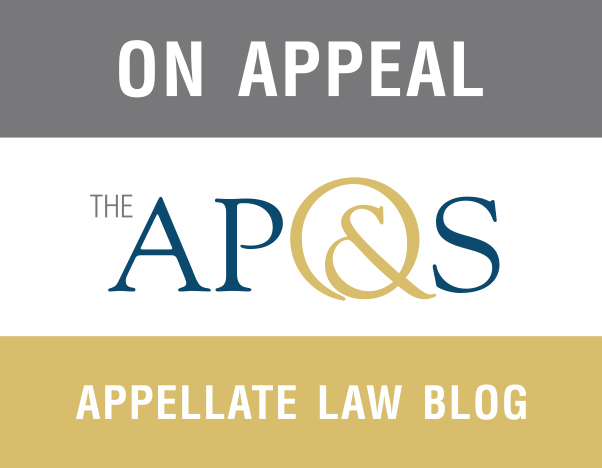Rhode Island has long honored the late Professor Robert B. Kent’s teachings on civil procedure, including his opinions concerning depositions. In keeping with Professor Kent’s teachings, Rhode Island courts take the position that there are “very limited circumstances in which it is appropriate for counsel to instruct a deponent not to answer a question.” Plante v. Stack, 109 A.3d 846, 854 (R.I. 2015) (citing Robert B. Kent et al., 30:8 at V-48). This position was addressed at length in the seminal case Kelvey v. Coughlin, 625 A.2d 775 (R.I. 1993). In that case, the Rhode Island Supreme Court held that “the only instance in which an attorney is justified in instructing a deponent not to answer is when the question calls for information that is privileged.” Id. at 766.
Notwithstanding the Court’s admonition in Kelvey, in Plante, plaintiffs’ counsel instructed plaintiffs not to answer certain questions about their divorce, including the reasons for the divorce, the wife’s current living arrangement and romantic life, and plaintiffs’ discussions with their son concerning those issues. Plante, 109 A.3d at 854.
In response, the defendants moved to compel additional testimony from the plaintiffs regarding their separation and divorce, arguing that plaintiffs’ counsel violated Kelvey when he instructed the plaintiffs not to answer certain questions. Id. The hearing justice denied defendants’ motion and defendants’ petitioned the Supreme Court for the issuance of a writ of certiorari. Id.
On certiorari,[1] a majority of the Supreme Court determined that although the questions were of a personal nature, plaintiffs’ counsel had not cited any privilege when instructing plaintiffs not to answer in violation of Kelvey.
The majority concluded that pursuant to Rule 30(d)(3), plaintiffs’ counsel should have ceased the deposition and brought the matter to the attention of a Superior Court justice. Plante, 109 A.3d at 859; see also id. at 863 (Suttell, C.J., concurring in part and dissenting in part) (“Rule 30(d)(3) of the Superior Court Rules of Civil Procedure . . . permits a party or deponent to demand a suspension of the deposition to make a motion or obtain a ruling by telephone ‘upon a showing that the examination is being conducted in bad faith or in such manner as unreasonably to annoy, embarrass, or oppress the deponent or party.’”).
Nevertheless, because plaintiffs’ counsel’s instructions were made toward the end of the nearly 4-hour-long deposition, a majority of the Supreme Court also concluded that defendants were not entitled to additional deposition testimony from the witness. In doing so, the majority was particularly cautious to note that its decision should not be read as a “retreat from [its] holding in Kelvey.” Id. at 855.
The Supreme Court’s decision in Plante serves not only as a reminder to trial counsel of the limited circumstances in which an instruction not to answer may be raised but also as a reminder of the prudent course of action for counsel defending a deposition in which there has been an instruction not to answer. Had the deposition been suspended to permit the defendants’ counsel to obtain a ruling from the court regarding the instructions not to answer, counsel likely would have had a fuller opportunity to examine the witness. Instead, because these issues were raised through a motion to compel after the conclusion of the nearly 4-hour-long deposition, the Supreme Court concluded that no further examination was necessary.
[1] The Rhode Island Supreme Court granted the defendants’ petition for issuance of a writ of certiorari, which requested review not only of the hearing justice’s denial of their motion to compel but also of the hearing justice’s grant of a the plaintiffs’ motion for a protective order limiting the defendants’ planned neuropsychological examination of the plaintiff and order revoking the pro hac vice admission of defense counsel. It is likely that the combination of these issues, and not solely the defendants’ petition for review of the denial of their motion to compel, that prompted the Supreme Court to review these issues on certiorari.




